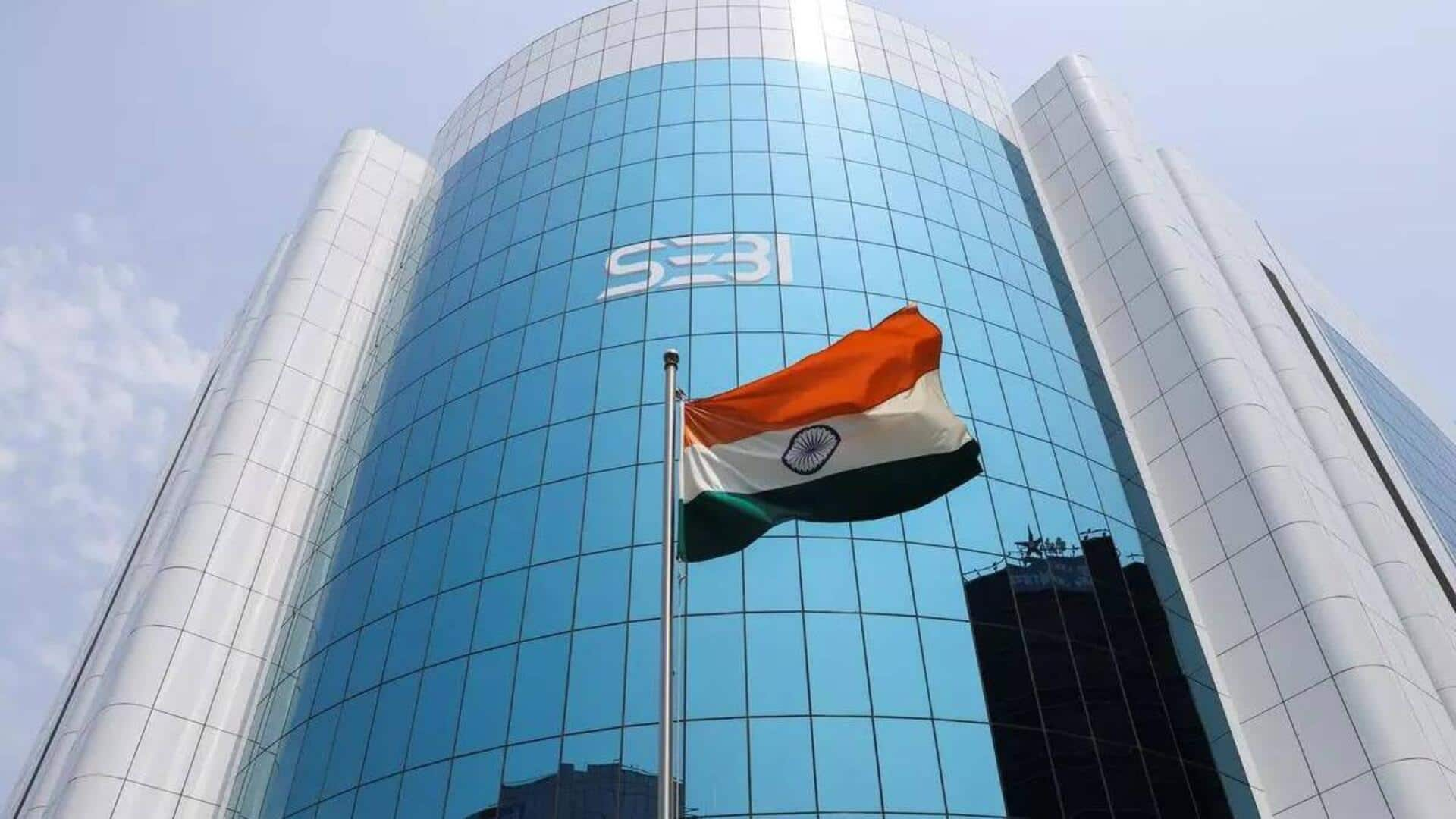
Why foreign funds are opposing SEBI's instant settlement plan
What's the story
Foreign Portfolio Investors (FPIs) are concerned about the Securities and Exchange Board of India's plan to introduce new trade settlement plans in equity markets. SEBI aims to transition from the current T+1 settlement to an optional T+0 settlement, and eventually to instant settlement within an hour of the trade. However, the Asia Securities Industry and Financial Markets Association (ASIFMA) warns that this move may fragment market volumes due to the existence of two settlement cycles.
Settling stock trade
Understanding SEBI's T+0 and T+1 stock settlement plan
SEBI's phase one of stock settlement is expected to begin this year, while phase two is likely to start next year. SEBI's current T+1 process involves payment settlement within 24 hours of trade, while the T+0 settlement allows transaction by 4:30pm on the same day. The first phase introduces an optional T+0 settlement. It is supposed to help market institutions align with the shorter settlement cycle thereby increasing overall efficiency and more liquidity for investors.
Phase 2 stock settlement
SEBI's phase 2 stock settlement to allow instant payments
The second phase of SEBI's new stock settlement plan will do away with both T+0 and T+1 modes of settlement. Rather, the settlement of stocks will be performed instantly following the trade. India is the only country after China that allows a short settlement cycle of one day. In most other major economies trades are settled within two business days.
What are the risks?
Foreign investors highlight potential market fragmentation and liquidity risk
ASIFMA cautions that having two settlement cycles may fragment market volumes, impacting liquidity and leading to higher trading costs. They argue that shares of the same company could trade at different prices in the instant and T+1 settlement cycles. It mentioned that market fragmentation gives rise to liquidity risk, which is not good for market. Liquidity risk means that for a period of time, a financial asset cannot be traded quickly enough in the market without impacting the market price.
Currency conversion woes
Foreign funds concerned about delays in currency conversion
While domestic investors can easily buy shares and pay through their bank accounts, foreign funds need to convert their currency into rupees before paying for a trade. ASIFMA explained that instant settlement will mean pre-funding for foreign investors as they will need to exchange their currency for Indian rupees in advance even though the settlement amount for an India equities transaction has not even been determined. This supposedly poses a significant challenge for funds based in different time zones.